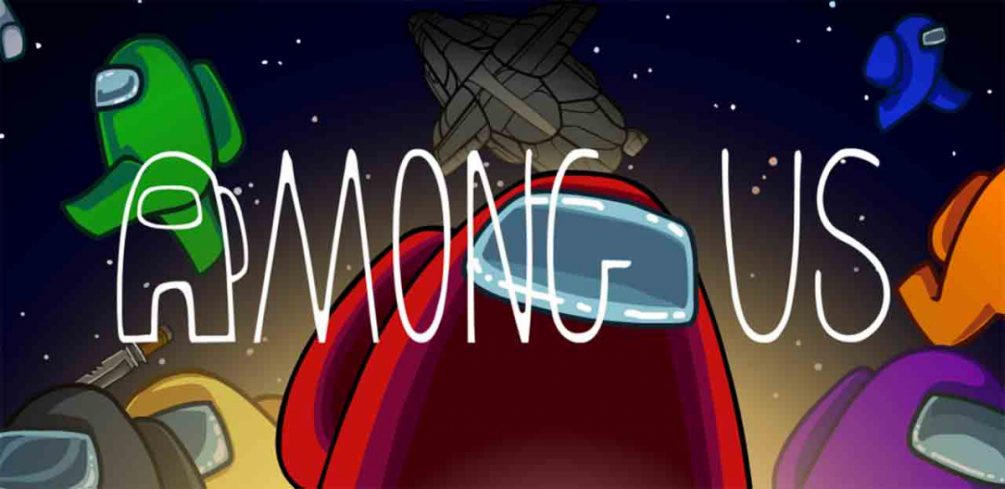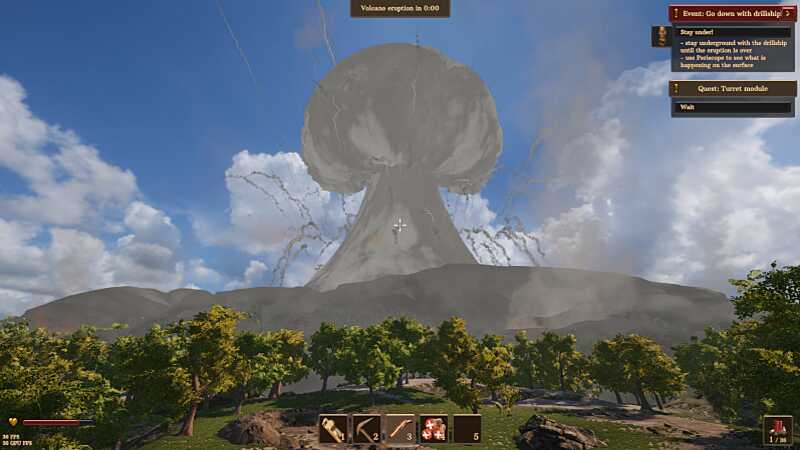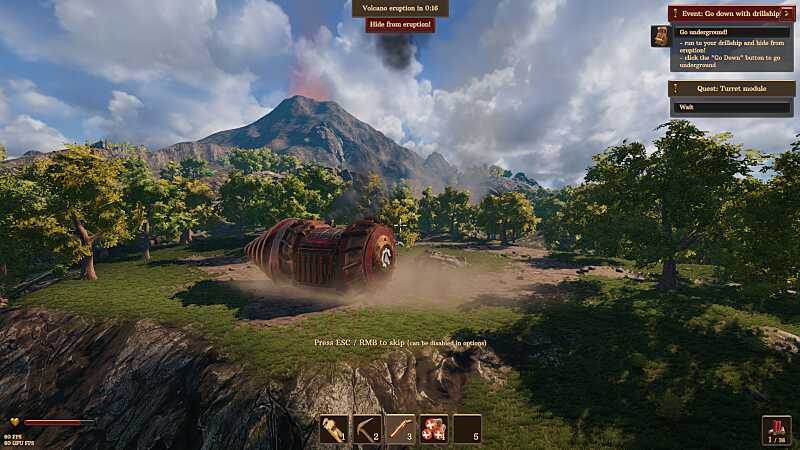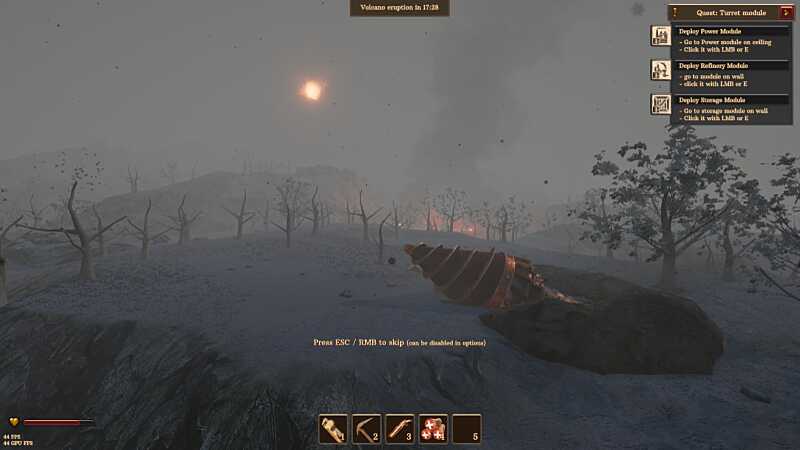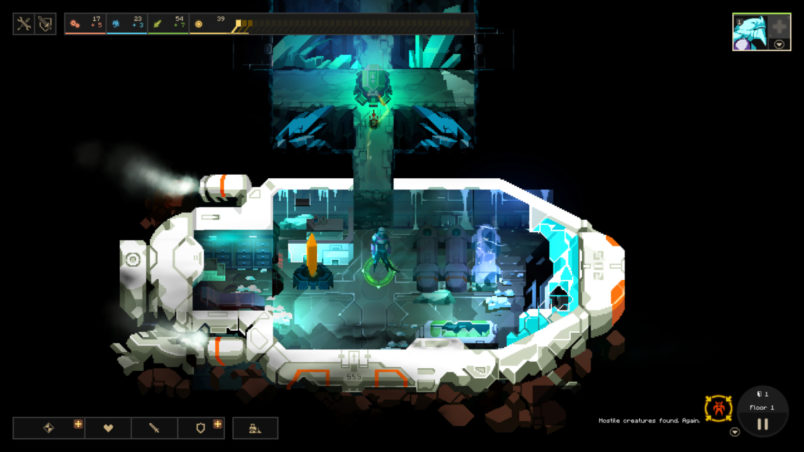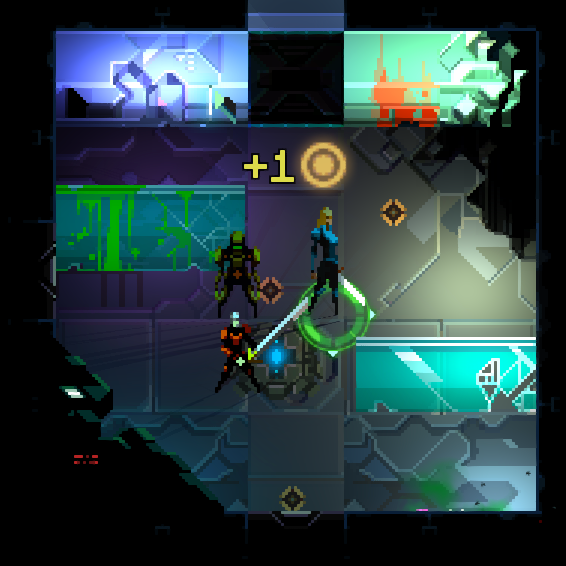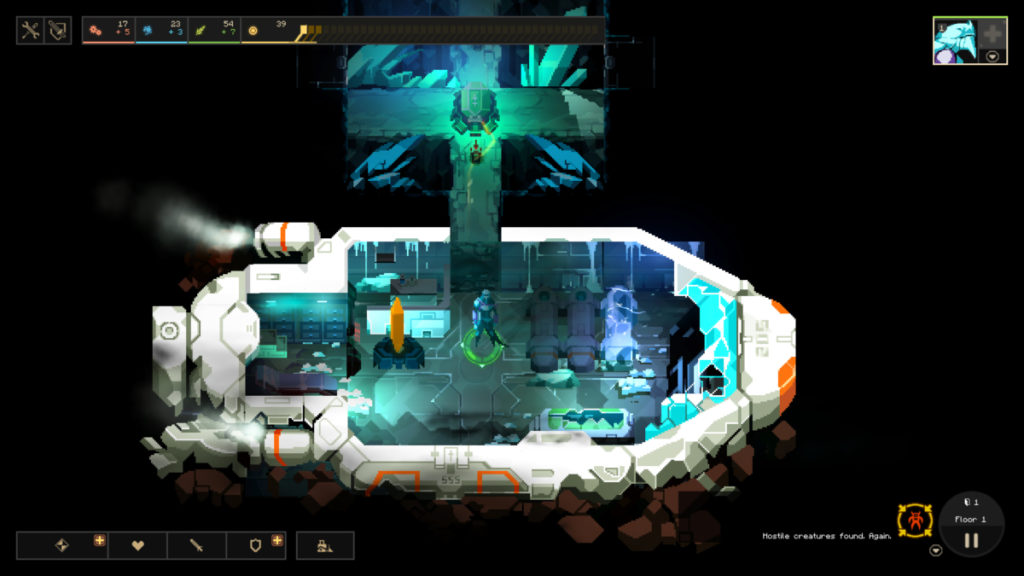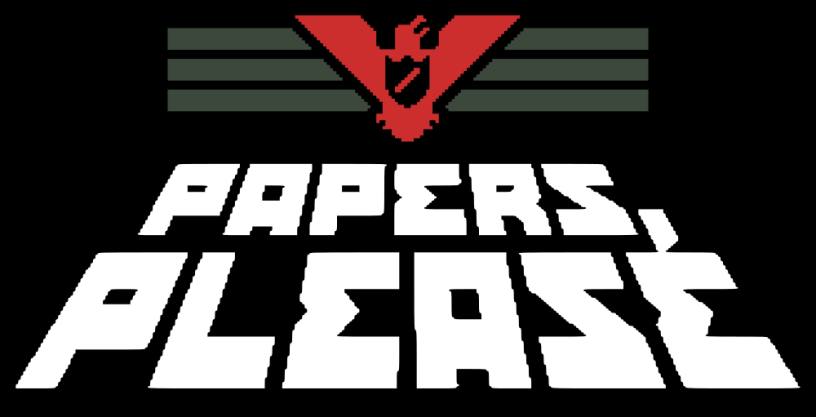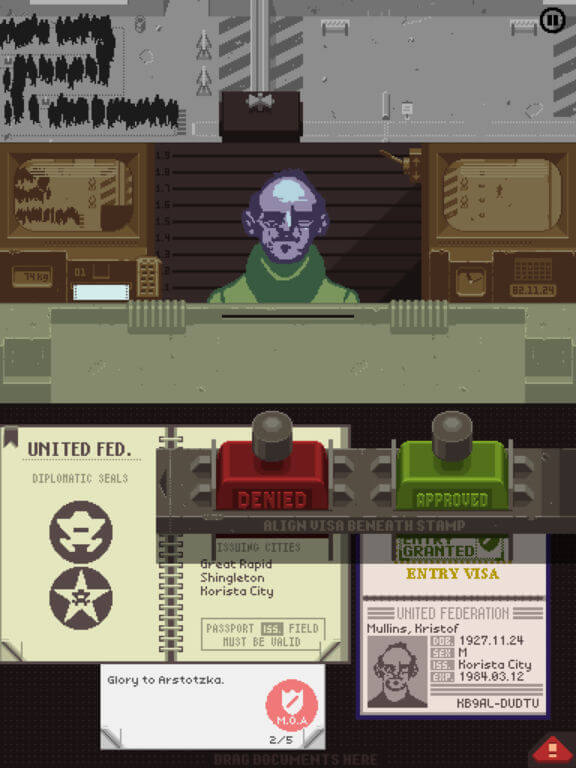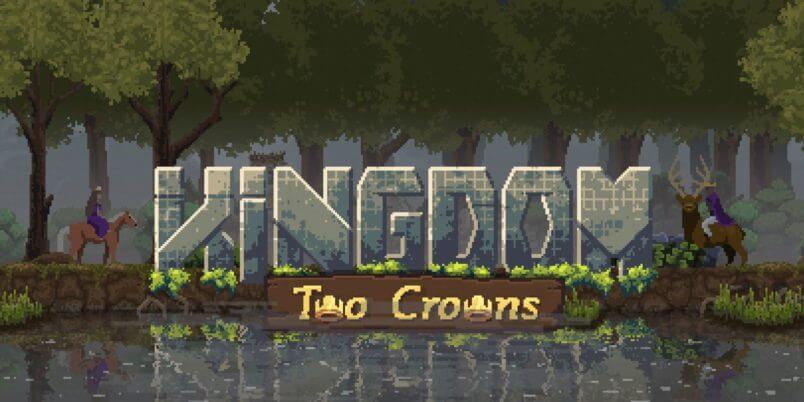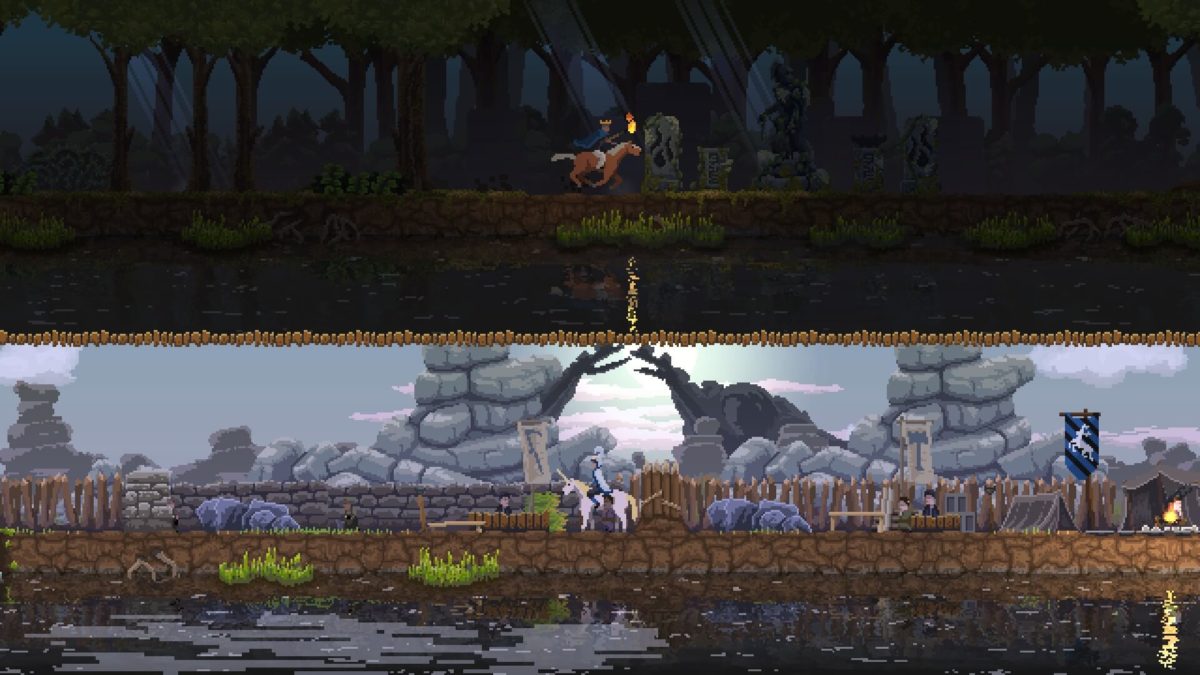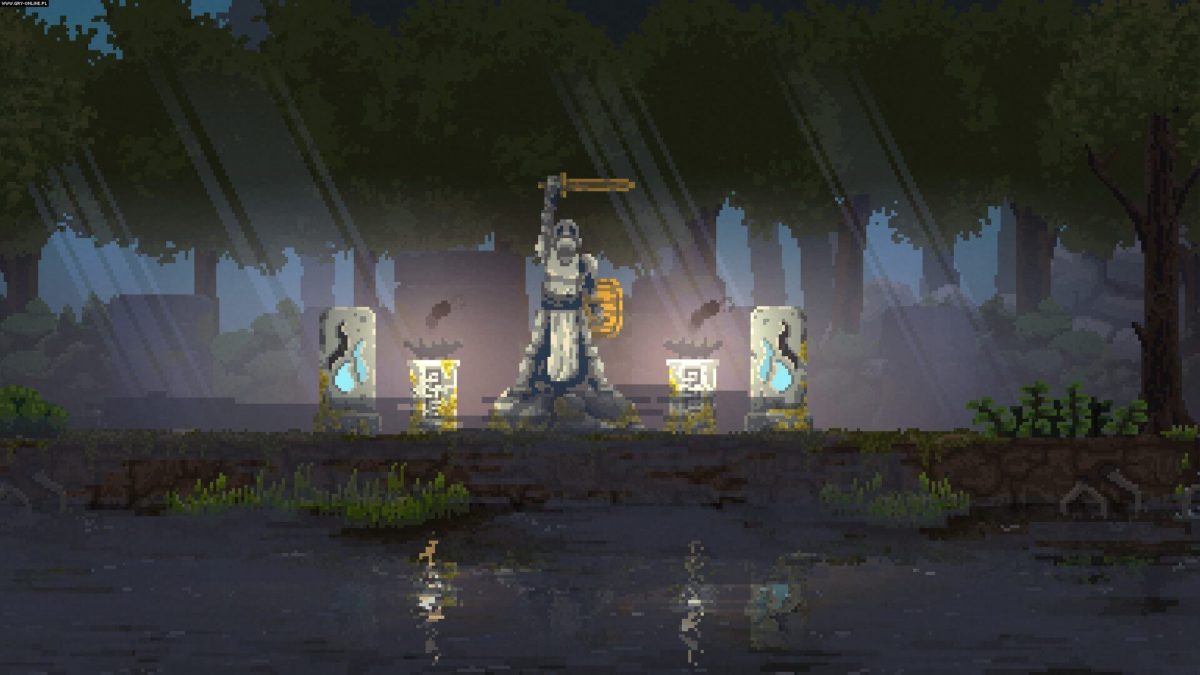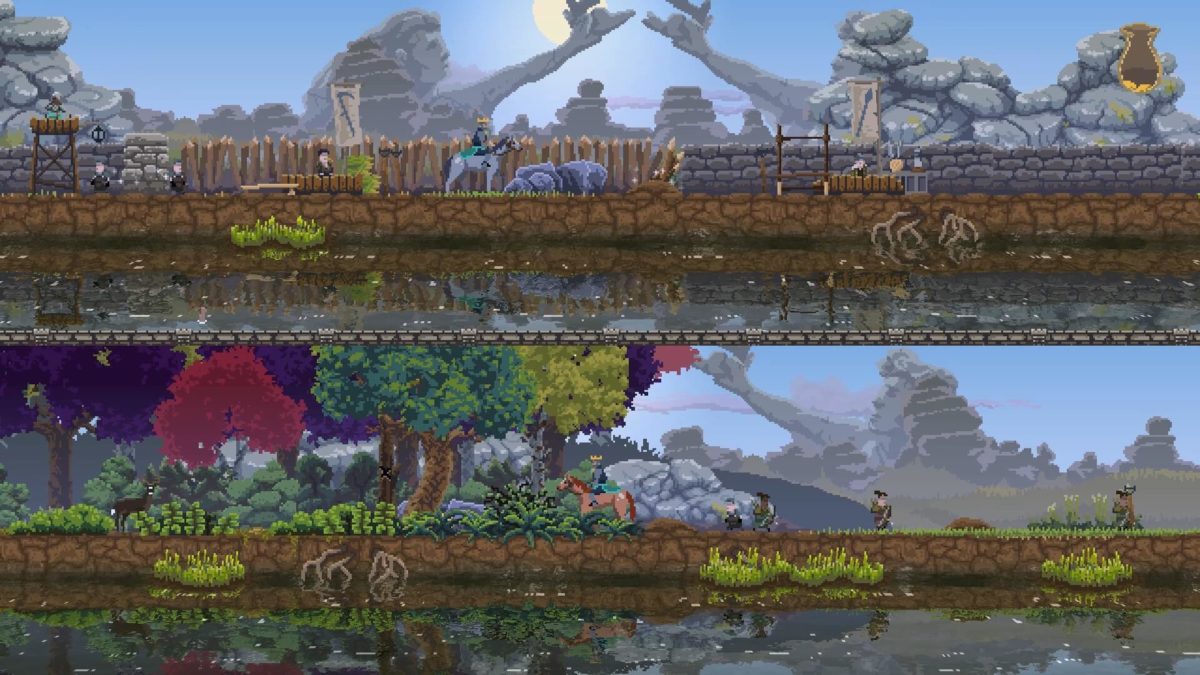The rise and fall
Among us has been among us for quite some time now. But it wasn’t always as popular as it is today.
The developers themselves were caught by surprise by the sudden change when they actually thought their game was dead.
This raises a couple of questions when it comes to games, music, movies, books, people, ideas, and pretty much everything that becomes popular overnight.
I played Among us a couple of months ago. Played a few rounds and found it fun. It didn’t impress me to the point of wanting to play much more of it. I realized that it would be a great game to play with friends. But when missing that social draw, it highlights a certain lack of true depth or consequence to the game. It was a mediocre implementation of a good albeit common game concept. Lacking proper graphics, poor UI, sound and network stability, the little multiplayer indie game IS fun, but still very poorly executed.
Clearly drawing inspiration from games such as Werewolf or Mafia, Among us is a multiplayer game of survival and deception. Each player has several tasks he needs to perform. However, there’s a traitor in the midst of the crew, whose sole task is to kill every other player and avoid being discovered.

The premise is interesting and it features a slight twist from other rehashed games like Town of Salem or Werewolves Within which are just different shades of UI for the original game, Werewolf.
Among us has a similar round structure to those classic games, but it adds tasks, or minigames, that the “good” players have to perform. These tasks add a new layer of interest to what could otherwise be dead game time.
A few months ago, something unexpected happened…
Among Us – From the slumber it rose
Innersloth released Among Us back in 2018. By 2020 it had lived and died quietly in the background fade of a typical indie game. Not that much of a player base for a very simple low-budget game without a proper marketing strategy, with less than decent sales, and with a questionable long-term monetization plan.
Eventually, the game’s creator announced its demise and the development of a sequel. This idea of a sequel was short-lived because something extraordinary was happening…
It was sunny July 2020 and one very popular Twitch streamer decided to pick this game for his next stream. “Sodapoppin” turned some heads around and drew the attention of other big-time content creators such as PewDiePie, Pokimane, Shroud, Ninja, and CallMeCarson.
Within one month, these guys boosted the game’s sales dramatically. So much so that the game’s servers were experiencing technical issues due to the increased flow of new players every day.
This sudden bump in popularity made the team disregard the idea of a sequel, and instead focus their efforts on updating and adding new content to the current game. All this attention was also strongly showcased in Reddit posts and 9gag memes.
In late September. Among us’s daily player count surpassed “Fall Guys”, one other very popular game that was also pushed forward by the same YouTubers and Twitch streamers. It peaked at almost half a million concurrent players.
Marketing – dead as we knew it. Long live marketing!

This provides us with an interesting marketing proposition. It is traditionally taught that brands or product sales tend to grow, hit a plateau and then drop and be discarded. That is the way of marketing with all things. The traditional approach to marketing teaches us that the most successful brands are NOT the ones that keep on increasing sales (which tends to become impossible after they hit the unavoidable plateau). Instead, they are the ones who are able to sustain that plateau for longer and never really die – eternally rejuvenated by innovative marketing tactics.
Among us was artificially pushed forward for free by social media influencers. The developers themselves were caught by surprise and thought their game was dead. Things have changed with the rise of social media. Nowadays dead games may rise from the grave, hit a peak and die again in a matter of weeks, never going through a real plateau phase.
The world in which we live is very different from what it once was.
Things are faster and entertainment providers chew entertainment content to deliver entertainment to entertainment viewers. People prefer to watch other people play games instead of going through the hassle of playing them themselves.
From my (crude) estimations (Steam Database · SteamDB & Twitch Channels, Games and Global Statistics), 250M hours were watched on Twitch, versus 95M hours played on Steam as total average per player. You may discard bots and absent lurkers and even claim mobile version hours, but the numbers are still overwhelming. That is, considering that a game was built to be played, not necessarily watched.
Am I the Impostor?

I’m a Twitch streamer myself and I do understand the appeal of watching someone playing a game and having fun. But doesn’t that feel somewhat… fake? Are we replacing our own experiences by that of others, just because it’s easier to access them?
Is it our fault that we’re not able to achieve the same fun potential in multiplayer with our own group of friends? Maybe we’re just looking for instant gratification without the effort of having to find fun people to play with. …but is being socially lazy that wrong, when we’re just trying to relax?
Influencers inadvertently draw people into playing the games they play and avoid the rest. It feels like there’s more and more offer by Indie developers, yet less and less will to explore by the gamers.
The need for curation
One could argue that Indiegogo, the old Steam Greenlight and other content support and delivery platforms are responsible for bringing too many garbage games and early access titles. Proposals that are ultimately unable to deliver a good product. They convolute the market too much for good indie games to shine through.
Nowadays good products need to be hand-picked and some of those get pushed by the hive-minded social media-based curators. Our time as consumers is limited, and following someone’s choice is a way to save time.
It ultimately robs us of our liberty to discover the very bad and the very good. It takes away the learning of how to appreciate the good in a bad game and the bad in a good game.
Oftentimes the very bad even passes as very good by their influence. We’re losing our own taste for things, in exchange for the simplicity of letting others choose what we will enjoy next.
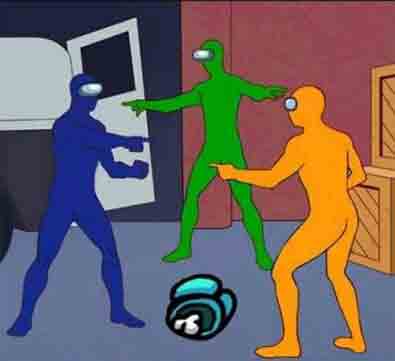
It also adds a perverse effect to the development of new games. Small developers now often opt for shock, instead of care, knowing it may cause ripples through social media, boosting their sales, regardless of how good a game truly is.
Among Us isn’t a bad game and I’m pretty sure they didn’t force it to stardom. It should have sold a lot more before it became popular. But its sudden rise in popularity doesn’t seem deserved either. How will Innersloth act in the next few months? Will they improve the game somehow, or move on to other things?
Among Us will be ejected soon
Among Us’s rise lasted one month. There was no plateau. It has now been having a steady decline in sales and viewership as people move on to the next big thing. It’s hard to predict the future, but it will likely still sell a bunch of copies throughout the next couple of months and then be put to slumber.
The developer, Innersloth, were caught by surprise and may seem to have missed the opportunity to sustain the plateau. Will they keep on delivering new content until the end of 2021? Likely, considering they’re a small team and small profit is good enough. But they will need to move on to a new product soon.
They will also need a new game engine which is a significant undertaking.
I’m curious as to how this story will unfold. We’ll have to pay attention to Innersloth’s news in the coming months.
I’m a fan of conspiracy and betrayal games. I built one for my master’s degree. I took inspiration from the same games they did. My hope is that this game’s mediatic success has drawn more players to the niche genre which will over time expand it.
Among Us and many other indie games have proven that poor UI and graphics are not a problem if the game is fun. It also showed that influencers as a whole aren’t fully under the thumb of big corporation’s marketing departments. Their viewership interests are (still) what mostly dictates what games they’ll play. Many viewers are hungry for new experiences and tired of unsurprising AAA games. Virality tends to disrupt the status quo that AAA games impose.
Often ignoring technical mastership, Indie games still make us enjoy a game for what a game should be.
Now, go play!
By the way, if you enjoy Indie games, have you ever watched Papers, Please – the short film?
